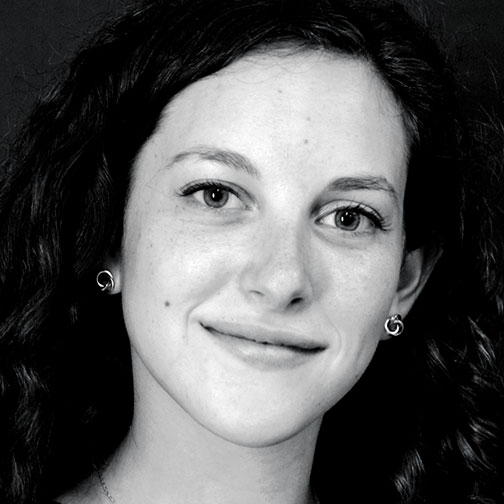Student Dispatch: Starting a Family in Grad School: Students Rate University’s Support
In early December, 3-day-old Liam Javier-Duval arrived home to the Stanworth Apartments for the first time. For new dad Jared Duval, a second-year MPA student at the Woodrow Wilson School, writing policy papers would have to wait. Friends came by with dinners, and professors offered flexible deadlines.
But while friends and classmates can offer a needed support network, the combination of strained personal finances and academic pressures can make starting a family in graduate school particularly challenging.
In mid-December the Graduate Student Government (GSG) surveyed students who had families or planned to start families while in school to gauge how well University support allowed them to meet their caregiving and academic obligations. A third of those who responded said that the University’s family-focused initiatives were a factor in their enrolling at Princeton.
The University offers health coverage, financial support for eligible families, counseling, family events, and services such as back-up child care.
“Relative to peer institutions, many of Princeton’s services are quite good,” said GSG treasurer Simon Fuchs. “The survey, however, highlights a few key areas that need revisiting.” The graduate-school administration was receptive to the survey findings, Fuchs said.
Many respondents said the University should expand its parental-leave policy, which offers regularly enrolled students 12 weeks of leave for a birth mother or primary caregiver. In addition, a large majority of those with children were concerned that University housing would not meet their needs, especially once the lower-cost, family-style Butler apartments are replaced with the Lakeside residences this year.
The University offers an annual child-care subsidy of $5,000 for the first child and up to that amount for a second child, and 35 grad students currently receive the subsidy. Nearly half of those surveyed said the program does not meet their needs, however.
Jacqueline Wong GS, a classmate of Duval’s, welcomed the arrival of her daughter two weeks after Liam was born. Wong said that while professors and administrators have been “supportive and accommodating,” she understands how some parents might expect more University support.
For Duval, Princeton’s policies left much to be desired, from gaps in health coverage for items like doulas and breast pumps to a leave policy that did not grant him time off after Liam’s birth. “The policies are ‘20th-century,’” he said.













No responses yet